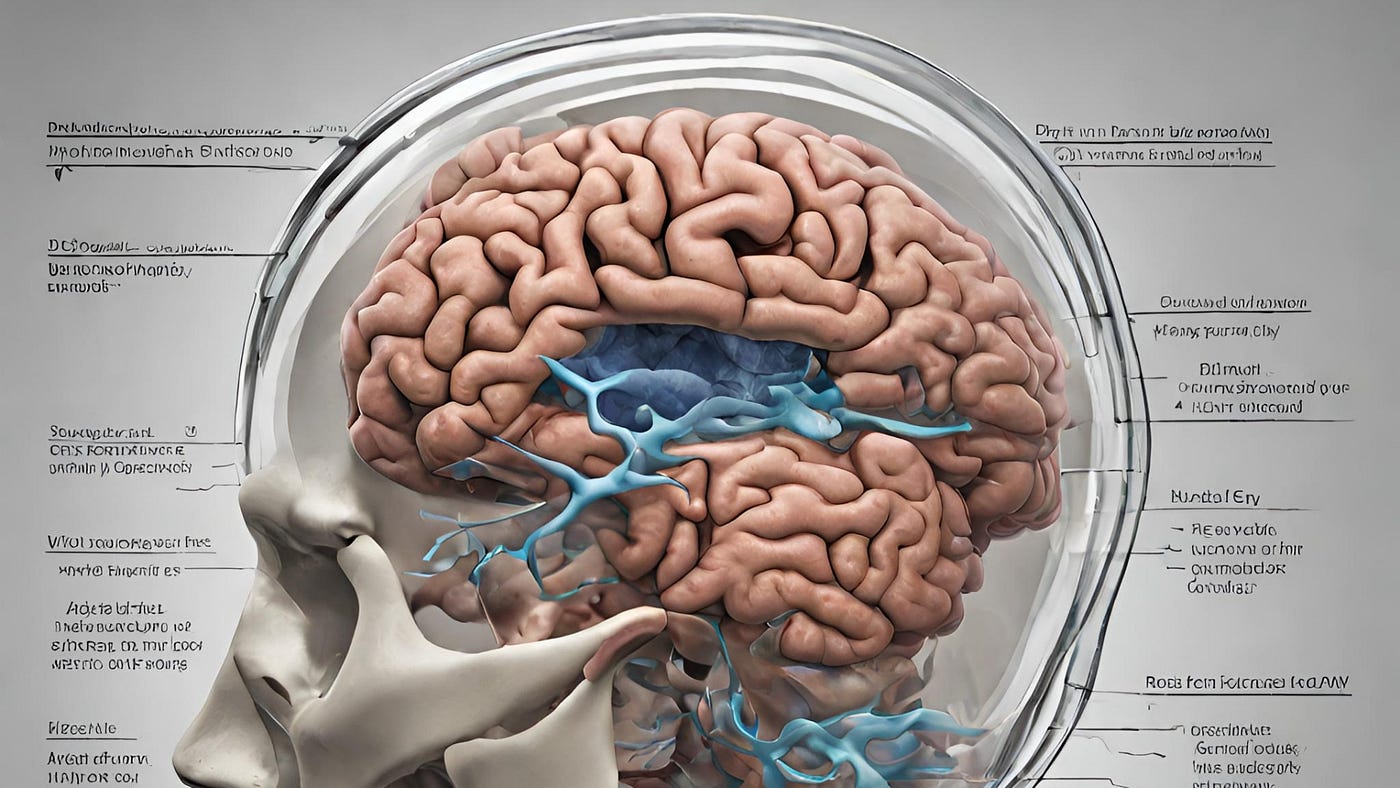Understanding Microglia in Alzheimer’s Disease
A recent study conducted by researchers at the University of Washington sheds light on the role of microglia in Alzheimer’s disease, potentially offering a new avenue for treatment. The study, published in August, analyzed human brain tissue and revealed intriguing differences in the behavior of immune cells between brains affected by Alzheimer’s and healthy brains.
Microglia: Guardians of Brain Health
Microglia are specialized immune cells crucial for maintaining a healthy brain environment. They play a vital role in clearing cellular waste, preserving normal brain function, and responding to infections or cell debris by changing shape and mobility. These cells are also involved in sculpting brain circuitry during development.
Microglia in Alzheimer’s Disease
The research found that microglia in Alzheimer’s-affected brains were often in a pre-inflammatory state, which made them less protective. In healthy brains, microglia are adept at clearing out debris and maintaining a balanced environment. However, in Alzheimer’s, some microglia become overly active, leading to inflammation that contributes to brain cell death.
Insights from Genetic Analysis
Using advanced techniques like single-nucleus RNA sequencing, the researchers identified distinct clusters of microglia based on their gene expression. They discovered new microglia clusters, one of which was more prevalent in Alzheimer’s brains and exhibited genes associated with inflammation and cell death.
Implications for Treatment
This study’s findings suggest that targeting specific microglia clusters could be a promising approach for Alzheimer’s treatment. By understanding how these cells contribute to the disease and identifying ways to modify their behavior, researchers hope to develop therapies that can slow or prevent Alzheimer’s progression.
Future Directions
Further research is needed to elucidate whether altered microglia behavior is a cause or a consequence of Alzheimer’s pathology. Tracking microglia changes over time could provide valuable insights into disease progression.
Conclusion
While still in its early stages, this study represents a significant step forward in unraveling the complexities of Alzheimer’s disease. It opens doors for exploring new treatment strategies aimed at modulating microglia function and improving the lives of individuals affected by this devastating condition.















































